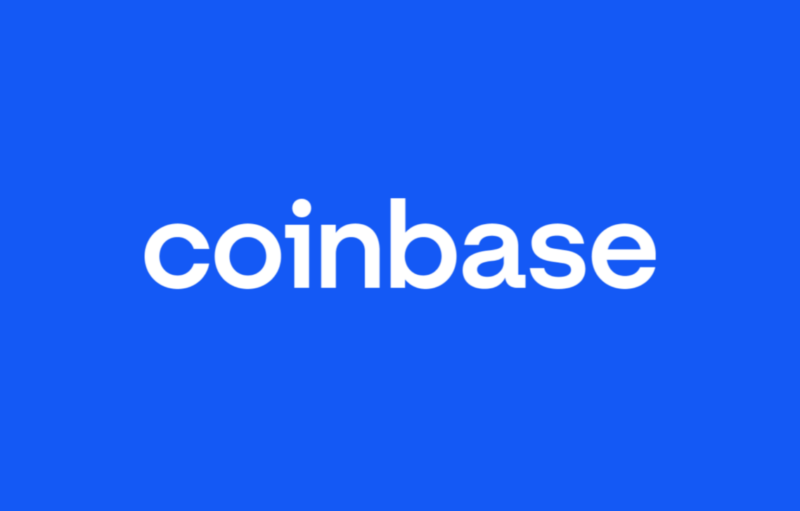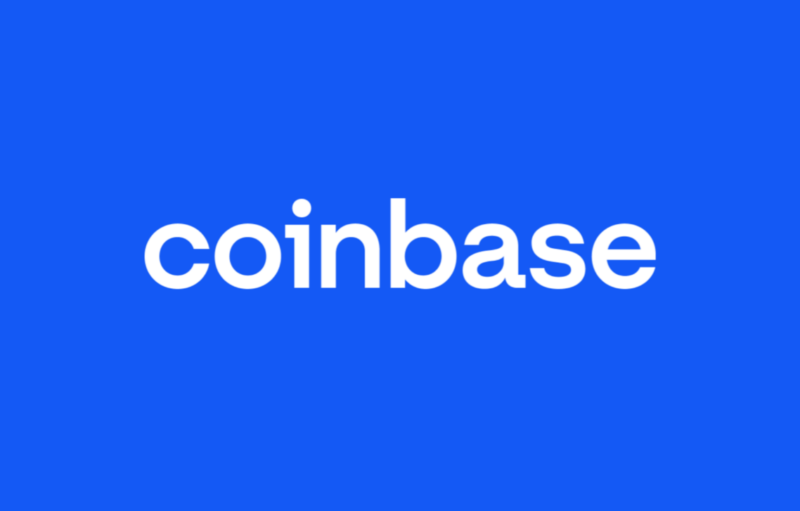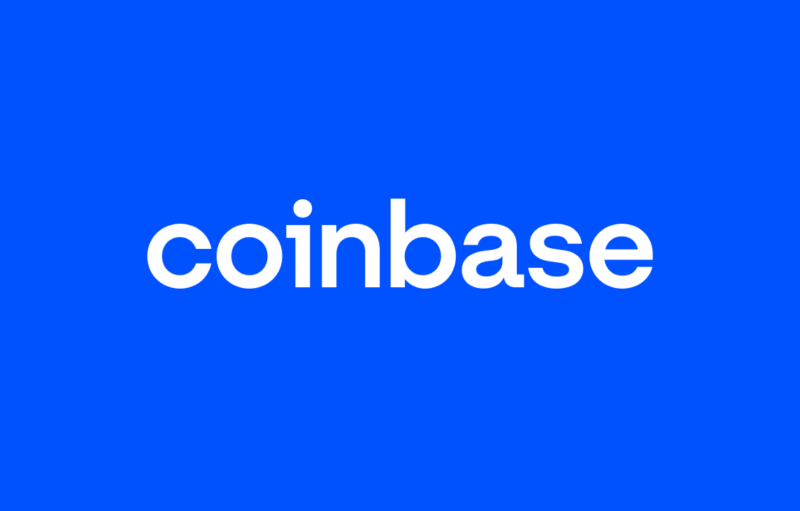By Yuga Cohler, Staff Software Engineer at Coinbase
The Merge is coming. The long-awaited transition of the Ethereum network’s consensus mechanism from Proof-of-Work (PoW) to Proof-of-Stake (PoS) is expected to arrive sometime this year. After the Merge, the already-running Beacon Chain will begin validating Ethereum mainnet’s blockchain through a system based on rewards and penalties (i.e. “stake”) rather than the costs associated with computational intractability (i.e. “work”). Six years in the making, the Merge will be a milestone in the history of cryptocurrencies with both material and philosophical implications.
Perhaps the most heralded aspect of the Merge is its resulting efficiency: Ethereum’s shift to PoS will lead to a projected 99.95% reduction in energy consumption compared to PoW. This evolution will be a welcome development at a time when energy costs are surging across the world. Of course, there are legitimate counterarguments against PoS — for example, the concentration of wealth that some PoS designs can facilitate as well as the lack of comparable at-scale testing. Nevertheless, given the existence of a peer-to-peer blockchain network that continues to operate on PoW — namely, Bitcoin — the Merge makes sense as a strategic next step for Ethereum and should garner the goodwill of the environmentally conscious.
The essential accomplishment of the Merge, however, is a more humanistic one than energy efficiency. The Merge has proven to be an extremely complex task with many challenges. Yet, its completion will be achieved not through the dictum of a central authority, but through the organic coordination of like-minded individuals. Fundamentally, a successful Merge will prove the viability of decentralization as a social organizing principle.
I have borne witness to this process through my periodic attendance at the biweekly Ethereum All-Core Developers meetings — a regular forum for Ethereum contributors to share their progress, present improvement proposals, and plan work. What is most remarkable to me about these meetings is how democratic they are. Thirty people — some anonymous, others not; most with their cameras off — convening to drive development of a $300 billion financial network. Anyone can propose a topic ahead of the meeting and anyone can contribute their opinion. The discussions are substantive, generally focusing on the engineering tasks at hand, but also spanning the many disciplines that underlie cryptocurrency networks — economics, mechanism design, governance, and culture.
Routinely, Ethereum Founder Vitalik Buterin is in attendance for these meetings. Despite his superlative status in the cryptocurrency community, Vitalik is treated no differently than any other core contributor: with respect and intellectual honesty, but without especial deference for his position. Disagreements over engineering approaches are hashed out in an orderly manner, and challenging Vitalik is a matter of course if it was best for Ethereum as a whole.
In an industry known for individualistic billionaires wielding influence, Vitalik’s approachable disposition is notable. So, it makes sense that this ethos of democratic decentralization imbues not just the meetings, but every aspect of Ethereum. The financial protocols, the cultural products, the governance processes, and now, even the consensus mechanism of Ethereum, are all subservient to the principle of decentralization. Progress is made not through the fiat of a single sovereign, but through the good-faith coordination of unallied actors, none more entitled to power over another.
These ethics of Ethereum are the foundations of its credible neutrality — a property that will become only more valuable as time goes on. On one hand, traditional financial systems are increasingly vulnerable to the nation-states who control them for their own interests. On the other hand, even though alternative L1 blockchains might provide greater scalability, convenience, and agility, they tend to not be as decentralized in their infrastructure, leadership, and decision making processes. Its commitment to axiomatic decentralization positions Ethereum to exist as one of the only systems allowing for the storage and transfer of value with a high level of security, but without a prejudice for intent or origin. The Merge will be the latest alternative to “the inherent weaknesses of the trust based model” that Satoshi Nakamoto pointed out in the Bitcoin whitepaper, made possible by the shared values of the Ethereum ecosystem.
The moral logic of the Merge is decidedly optimistic, and it should be. Teamwork, cooperation, humility, curiosity, honesty: these are values we do not intuitively ascribe to capital markets, and yet, they are the hallmarks of Ethereum that have allowed it to progress towards one of the greatest engineering feats in the history of financial technology. Understanding this ethical foundation of a decentralized democracy should give us a renewed appreciation for the upcoming Merge, and guide us as we chart a course for the future of the cryptoeconomy.
This material is the property of Coinbase, Inc., its parent and affiliates (“Coinbase”). The views and opinions expressed herein are those of the author and do not necessarily reflect the views of Coinbase or its employees and summarizes information and articles with respect to cryptocurrencies or related topics that the author believes may be of interest. This material is for informational purposes only, and is not (i) an offer, or solicitation of an offer, to invest in, or to buy or sell, any interests or shares, or to participate in any investment or trading strategy, (ii) intended to provide accounting, legal, or tax advice, or investment recommendations or (iii) an official statement of Coinbase. No representation or warranty is made, expressed or implied, with respect to the accuracy or completeness of the information or to the future performance of any digital asset, financial instrument or other market or economic measure. The information is believed to be current as of the date indicated on the materials. Recipients should consult their advisors before making any investment decision. Coinbase may have financial interests in, or relationships with, some of the entities and/or publications discussed or otherwise referenced in the materials. Certain links that may be provided in the materials are provided for convenience and do not imply Coinbase’s endorsement, or approval of any third-party websites or their content. Coinbase, Inc. is not registered or licensed in any capacity with the U.S. Securities and Exchange Commission or the U.S. Commodity Futures Trading Commission.
The post appeared first on The Coinbase Blog






